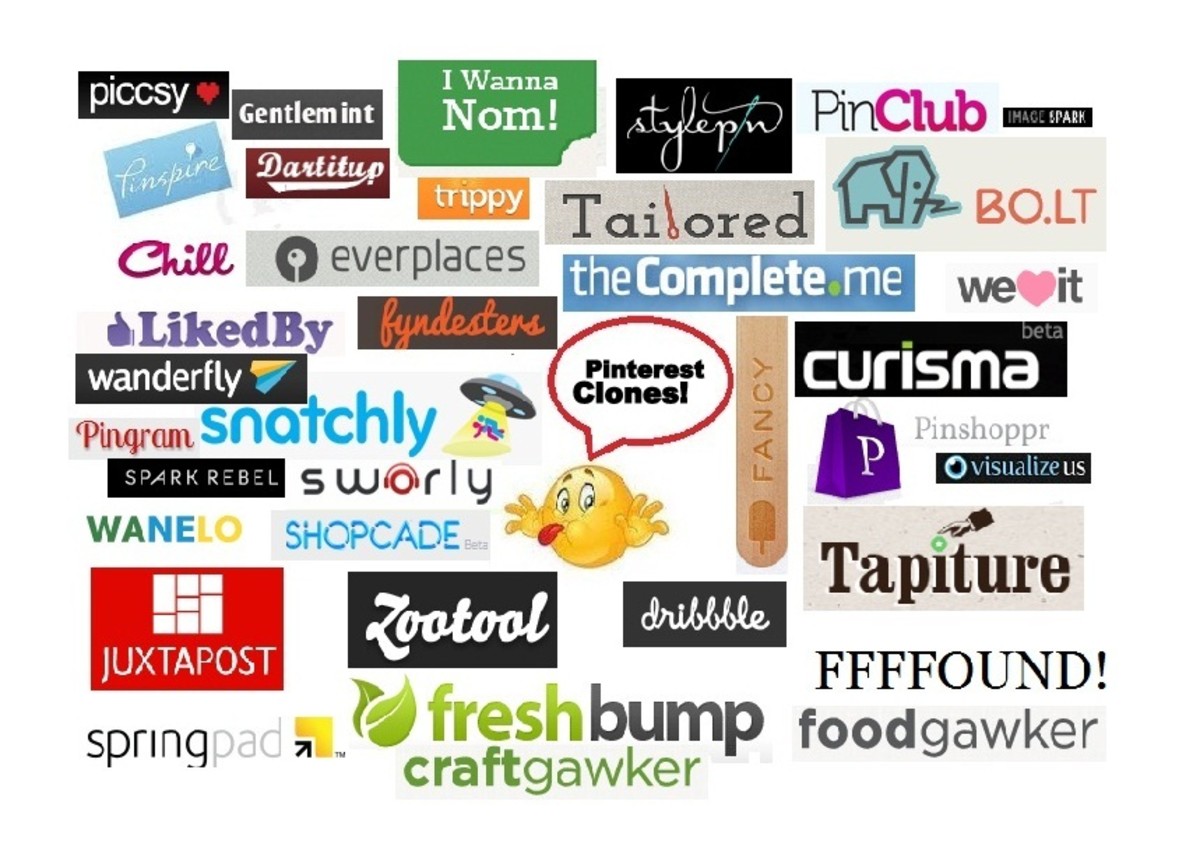Why Digital Marketing Makes Sense in Small Town America
Half of Rural Businesses Do Not Have a Website
According to a University of Minnesota study of almost 14,000 rural businesses, “More than half do not have a website easily found on Google. Furthermore 90 percent do not use social media. In short, they are not marketing themselves online and this likely has detrimental economic consequences, both to individual businesses and to their communities as internet use continues to increase.” 1
As a Digital Marketing specialist with TSE Internet Marketing in Harpers Ferry, West Virginia, I see these same results on a daily basis. Local businesses do not have an effective digital marketing plan and as a result are losing business to more companies from the Washington DC area that are effectively using the digital space.
Small Town Doesn't Mean Small Business
The Small Town Competitive Advantage
Rural businesses are missing an opportunity to turn a competitive advantage into huge profits. The advantage is that rural companies traditionally have a lower labor cost.2 Just as the competitive advantage that many countries have over the United States is the rate that they pay their workers, the same is true with rural America. First Honda and Toyota carved out a large chunk of the American car market and now Hyundai and Kia are doing the same by taking advantage of their lower labor rates to produce quality cars at a lower price. Small town businesses need to take the aggressive stance that these companies have and use their lower labor costs to their advantage.
The internet has leveled the marketing field between urban and rural America much like it did between countries (combined with increased efficiencies in global shipping). Small town businesses can increase their market share by effectively marketing their business into the adjacent urban markets through the use of effective internet marketing. Small town businesses have the skills, the knowledge and work force to win these jobs. They just need to be found by those looking for them.
How To Compete and Win Back Your Customers
Sadly, to many small town businesses don’t understand the importance of digital marketing and as a result they are actually losing business to out of town companies. It is time for small town businesses to turn the tables and use their competitive advantage in labor rates to leverage more jobs.
To do this they will need to have an effective digital presence. This includes a well-built website that displays well on mobile devices. Americans spend more time on internet related activities then they do with any other form of media including television. If you do not have the basics of a well built website then you have no chance of these people finding your business.
As mentioned earlier, over half of rural and small town businesses do not have a website. In more densely populated areas a website is as basic as a telephone. It is a given that any serious business will have a website that reflects who they are, the culture of their business, as well as what services they provide.
It includes having an effective social media presence. Having a business Facebook page is free and gives you another way to interact with your clients. More importantly, it allows your customers to interact with you and to share just how wonderful you are to their friends. Social media present a unique challenge and opportunity for rural businesses to compete with their urban counterparts.
Lastly, small town businesses can compete head on with urban competitors in search engine marketing. A well run pay-per-click Adwords campaign will land a rural business at the top of the first page of Google along side of their competition. These campaigns are very cost effective and it is easy to monitor the return on investment.
The internet has leveled the playing field between urban and small town communities. It is time for the small town businesses to use digital marketing and their competitive strengths to grow their businesses.
2 http://www.governing.com/blogs/by-the-numbers/income-inequality-by-state-gini-index.html






